Given a large volume of spoken or written speech, can you tease out a signal?
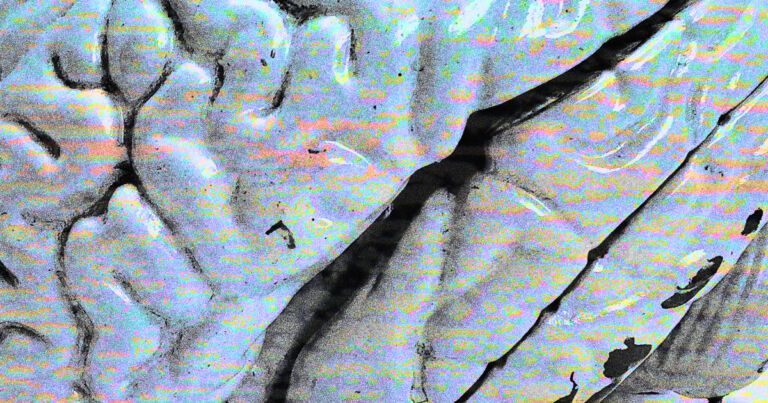


A first patient has been dosed in IMAC Holdings’ Phase 1 clinical trial evaluating its investigational umbilical cord-derived mesenchymal stem cells (MSCs) as a potential treatment for bradykinesia, a common motor symptom of Parkinson’s disease.
The infusion treatment was given on Dec. 292020, by the trial’s lead investigator Ricardo Knight, MD, at IMAC’s facility in Brentwood, Tennessee, the company announced.
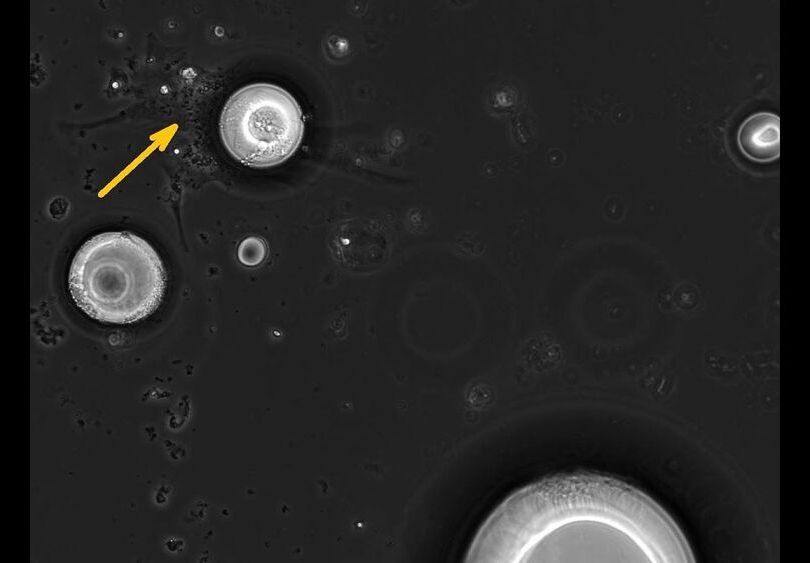
These new, adaptive stem cells can lie dormant until needed, a new animal study using human cells shows.
A new type of stem cell – that is, a cell with regenerative abilities – could be closer on the horizon, a new study led by UNSW Sydney shows.
The stem cells (called induced multipotent stem cells, or iMS) can be made from easily accessible human cells – in this case, fat – and reprogrammed to act as stem cells.
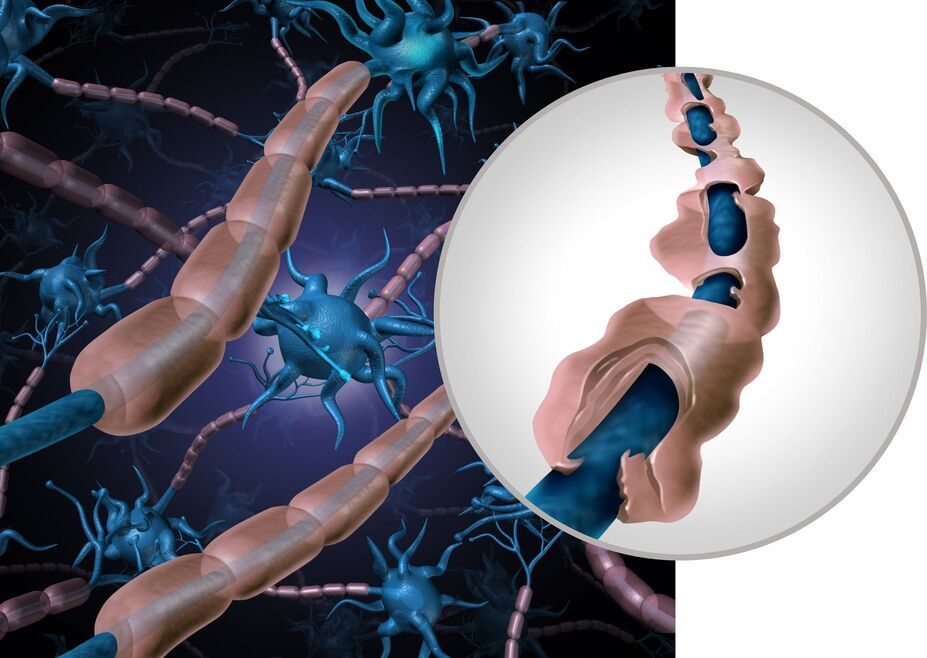
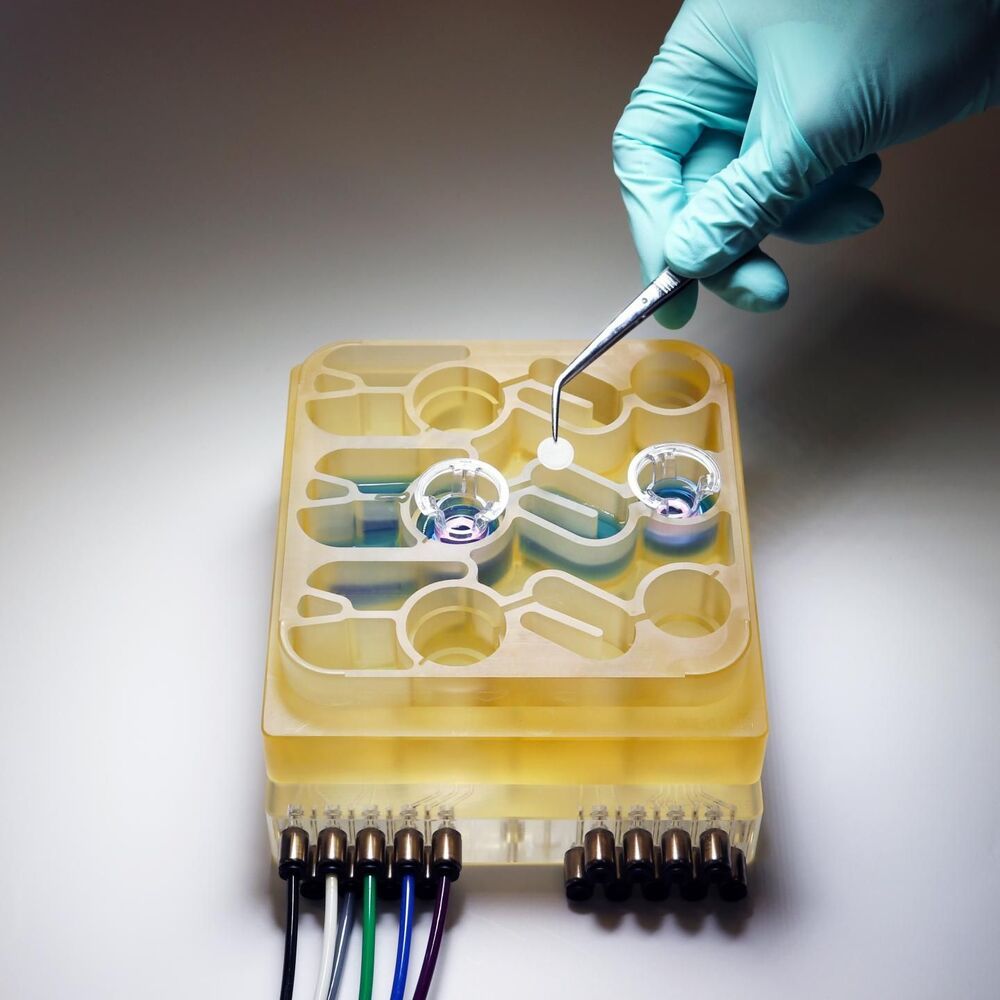
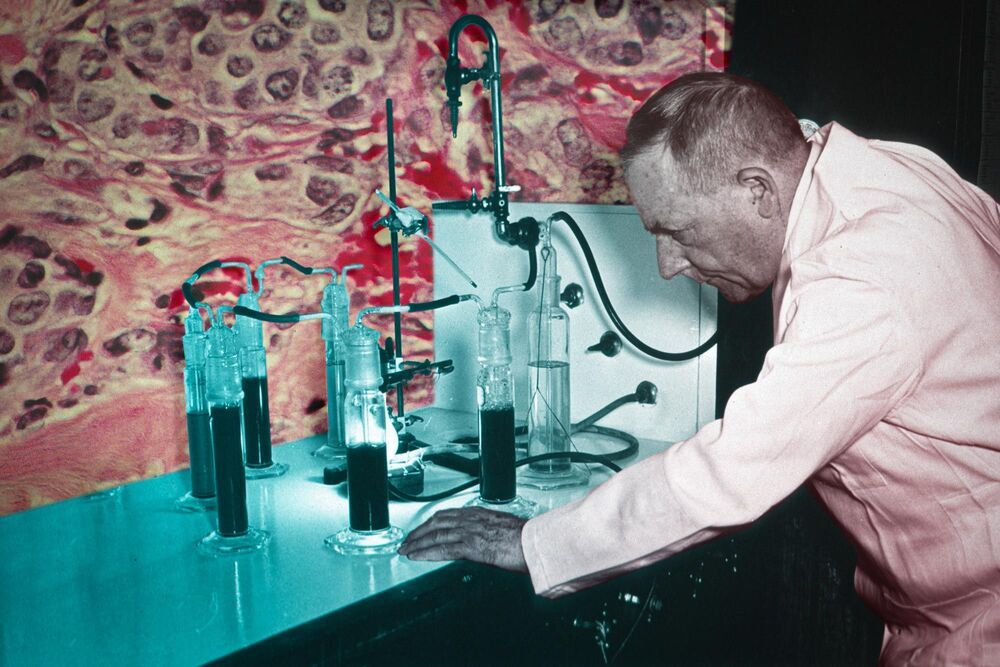
MIT study sheds light on the longstanding question of why cancer cells get their energy from fermentation.
In the 1920s, German chemist Otto Warburg discovered that cancer cells don’t metabolize sugar the same way that healthy cells usually do. Since then, scientists have tried to figure out why cancer cells use this alternative pathway, which is much less efficient.
MIT biologists have now found a possible answer to this longstanding question. In a study appearing in Molecular Cell, they showed that this metabolic pathway, known as fermentation, helps cells to regenerate large quantities of a molecule called NAD+, which they need to synthesize DNA and other important molecules. Their findings also account for why other types of rapidly proliferating cells, such as immune cells, switch over to fermentation.

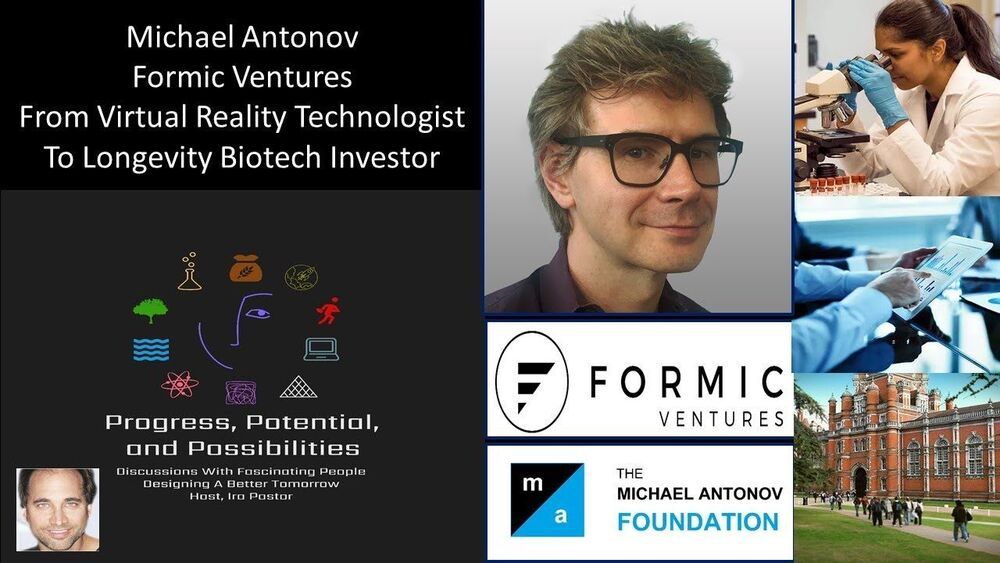
Formic ventures — taking on huge challenges — from virtual reality technologist to longevity biotechnology investor.
Michael Antonov is the Founder and CEO of The Michael Antonov Foundation (https://antonovfoundation.org/), a charitable organization that supports biotechnology research and various causes that improve well being of people around the world, as well as Formic Ventures (https://formic.vc/index.html), an early stage high tech and biotech investment firm focused on prolonging human healthspan and empowering human creativity.
Michael is a serial entrepreneur and philanthropist passionate about taking on huge challenges that can make a difference in human lives, such as solving the problem of aging.
Prior to launching the foundation, Michael was a technology executive, most recently as the co-founder and Chief Software Architect at Oculus, acquired by Facebook, where he helped revive the virtual reality industry. Prior to that, Michael was the co-founder and CTO of Scaleform, a user interface software company, whose product is embedded into hundreds of computer, console, and mobile games around the world.
Michael is a graduate of the University of Maryland in the field of computer science and is a member of their alumni hall of fame.

